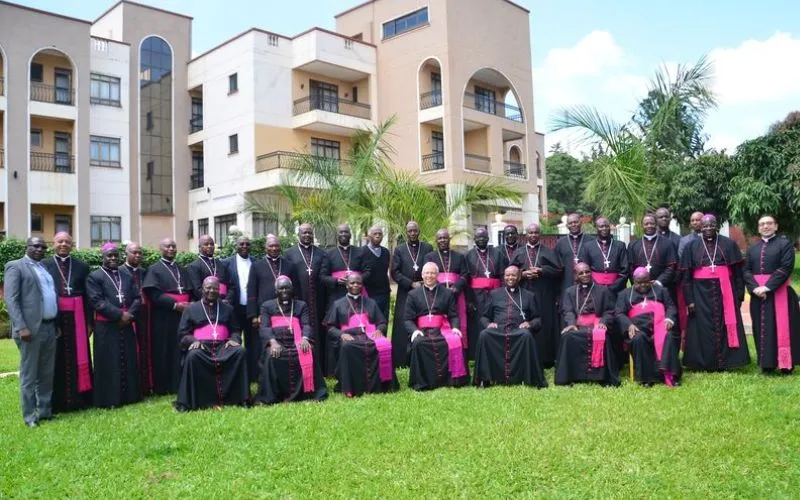The Bishops referred to the government’s unfulfilled promises to settle debts owed to Faith Based Organizations (FBOs) despite previous calls, saying, “When the government fails to fulfill its promises, particularly concerning payments to essential service providers, it harms vulnerable communities.”
“The neglect of Faith-Based Organizations hospitals, now owed billions in dues, is an issue we have addressed constantly even with the President,” the Kenyan Catholic Bishops said, referring to the National Hospital Insurance Fund (NHIF).
The Bishops also highlighted other issues they have raised in the past with the President William Samoei Ruto led government, including over-taxation of Kenyans, the hiking of the Missionary work permits, and youth unemployment.
Regulations of the Education system especially the Competence Based Curriculum (CBC), university loan scheme, and the failure to constitute the Independent Electoral and Boundaries Commission (IEBC) are also among the issues raised which the Bishops said the government has ignored.
“We believe that genuine consultation of all concerned stakeholders in all these matters, is necessary, beyond the casual public participation,” the Bishops said, and added, “This culture of lies, unkept promises and misplaced priorities is unacceptable and needs to be dealt with.”
The Bishops also expressed deep concern over political wrangles within the country’s government, saying that the conflicts had created “unwarranted tensions” and widened divisions among Kenyans. According to the Bishops, disputes within the government not only undermine trust among citizens but also contribute to “a climate of mistrust” within the government itself.
The Bishops said that elected leaders have a constitutional mandate to serve in their roles responsibly, as according to the KKCB members, the leaders are among the highest-paid legislators globally.
“We are troubled by their heightened insensitivity and irresponsibility,” the Bishops stated, warning against leaders allowing themselves to be compromised in corrupt deals.
The Kenyan Bishops stressed that corruption extends beyond financial gains to include any unjust exercise of authority or abuse of office. “The massive greed we are witnessing is shocking and heartbreaking,” they said.
The Bishops specifically questioned the recent legislative proposal to extend the five-year term of elected officials to seven years, with suspicions that efforts are underway to expedite the bill through the legislative process.








